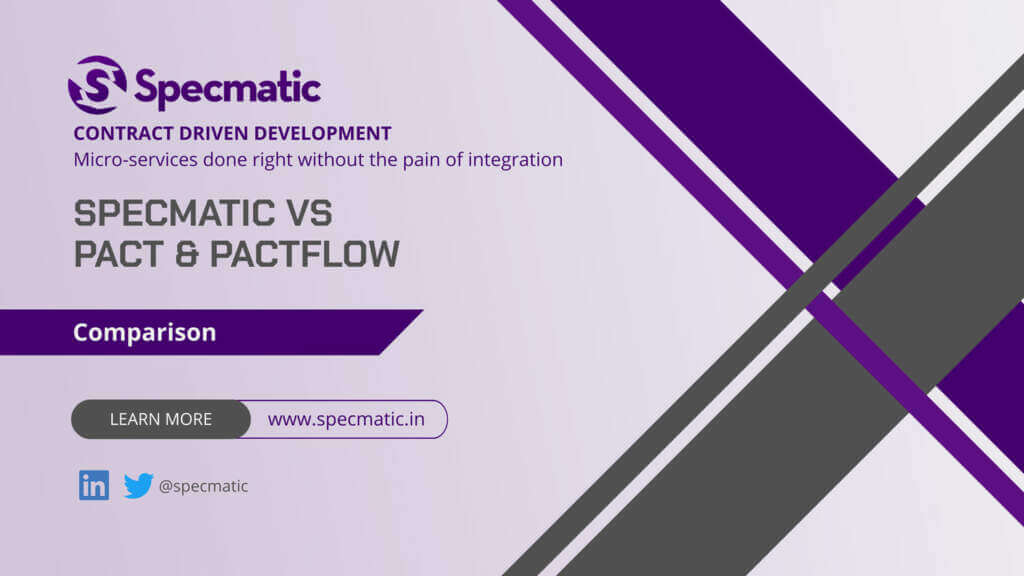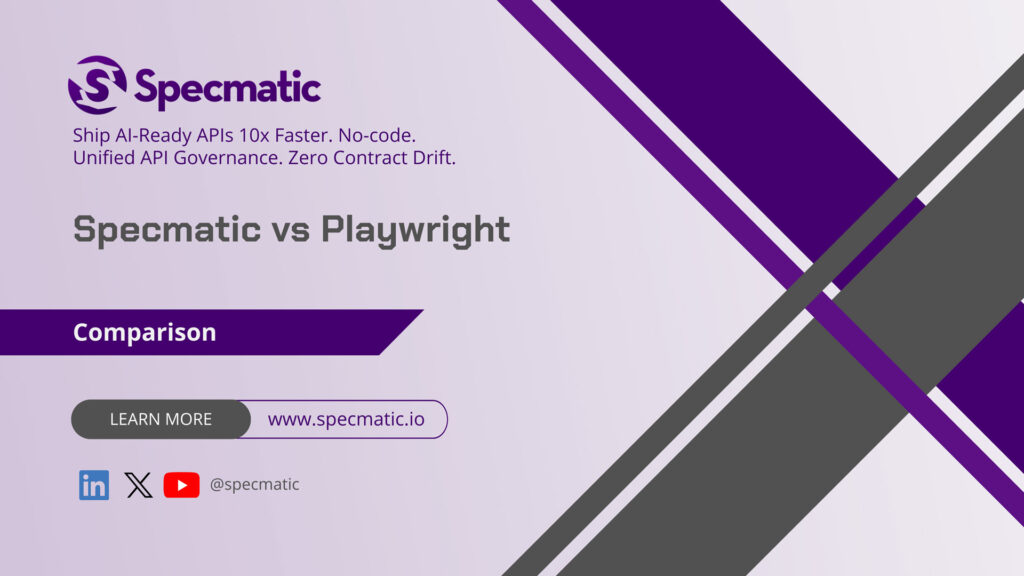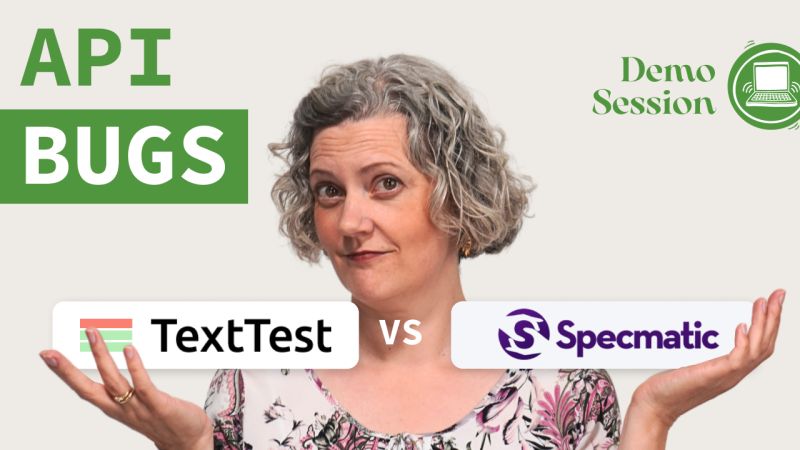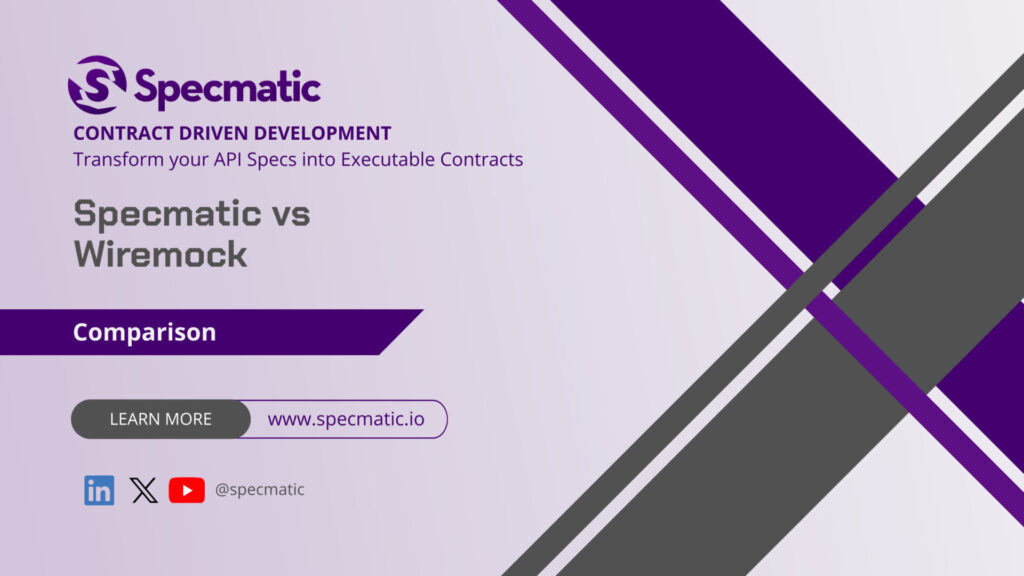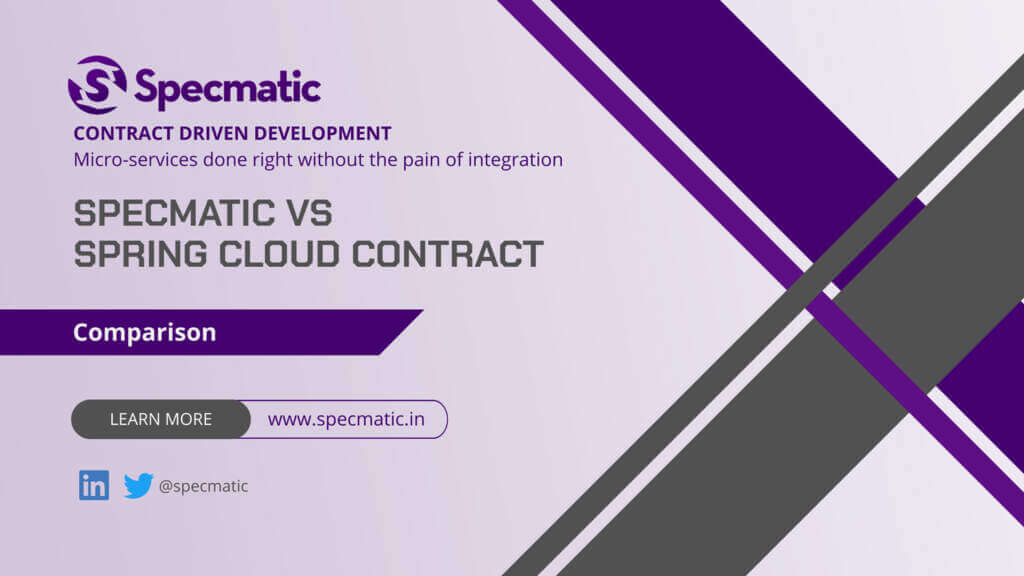Specmatic vs Microcks
By Hari Krishnan
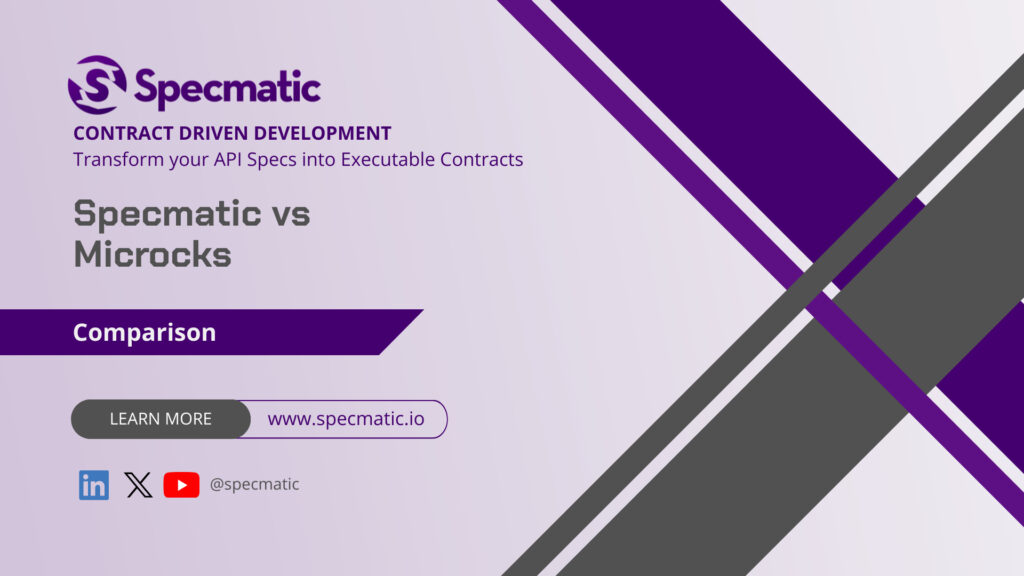
When evaluating tools for API testing and mocking, the choice often comes down to understanding not just what each tool can do, but how their underlying philosophies align with your development workflow and organizational needs. Microcks has gained significant traction as a cloud-native API mocking and testing platform, particularly excelling in multi-protocol support and runtime contract validation. It’s a solid choice for teams focused on Kubernetes-native deployments and those needing to mock diverse API types—from REST and GraphQL to event-driven APIs like Kafka and MQTT. However, as we’ve learned from our own journey building Specmatic, there are critical gaps in how most tools approach the fundamental challenge of preventing integration failures between microservices.
Where Microcks focuses primarily on validating what’s already built (runtime contract testing), Specmatic takes a fundamentally different approach by treating API specifications as executable contracts that actively drive development and catch compatibility issues before a single line of code is written. This isn’t just about testing—it’s about fundamentally shifting when and how you discover breaking changes. While Microcks excels at ensuring your running APIs match their contracts, it offers limited backward compatibility analysis and lacks the proactive governance features that become crucial as API ecosystems scale. Specmatic’s approach to executable contracts enables comprehensive backward compatibility validation, automated policy enforcement, and governance workflows that help organizations maintain API quality and consistency across hundreds of services.
The choice between these tools ultimately comes down to whether you want to validate compliance after implementation (Microcks’ strength) or prevent integration issues during the design and development phases (Specmatic’s core value proposition). In this comparison, we’ll explore how these different philosophies translate into practical differences in features, workflows, and organizational impact—helping you determine which approach better fits your API development lifecycle and governance requirements.

